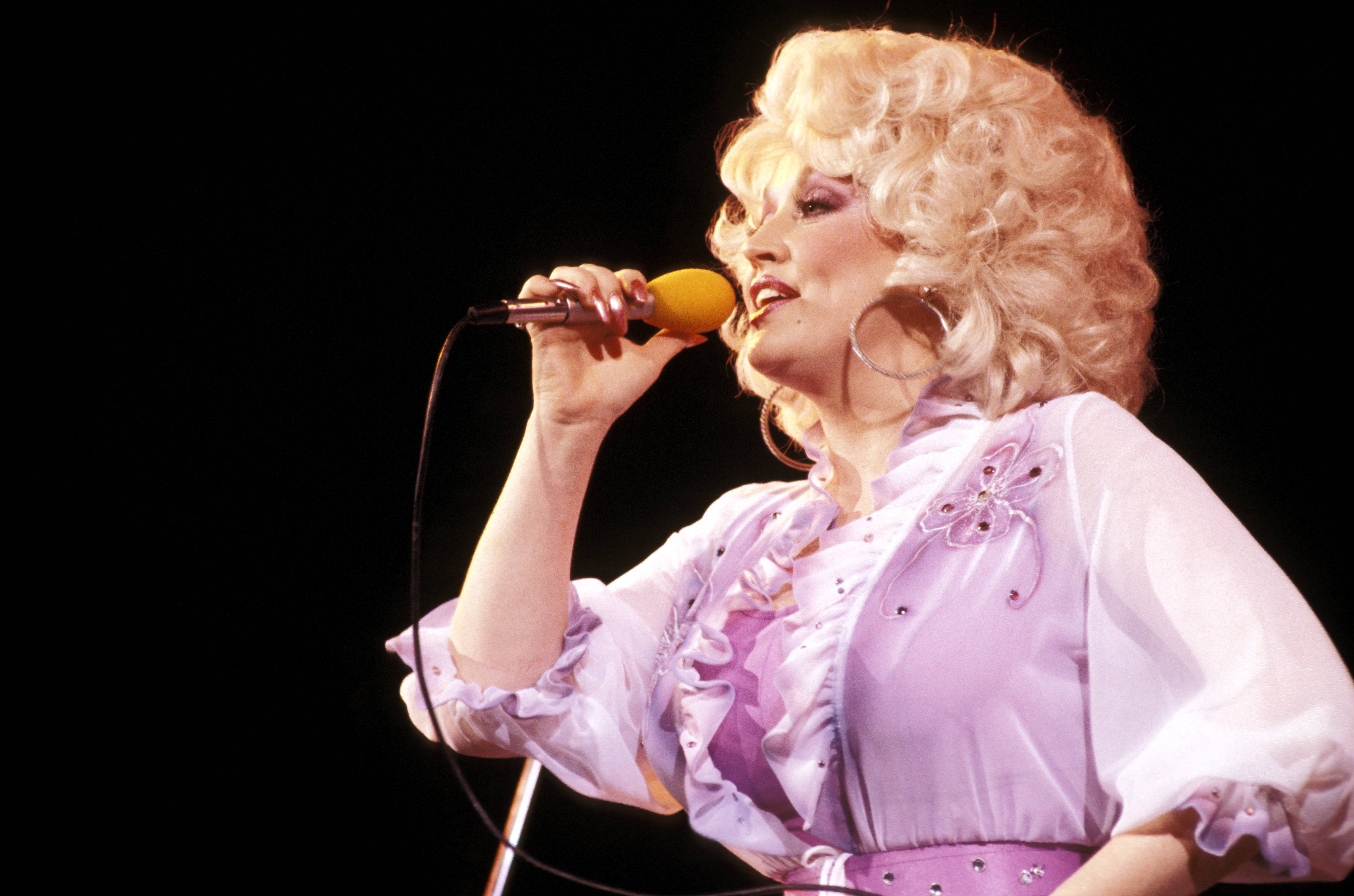Dolly Parton’s Thoughts on Women’s Liberation in 1971: ‘A Man Should Rule His Household’
Dolly Parton has rarely been openly political in interviews. From early on in her career, she’s resolved to write about her social and political musings in songs, rather than speak about them. In an interview the “Jolene” singer did in 1971 with The Great Speckled Bird, she was asked what she was “trying to say about women” in her songs, and her thoughts on the women’s liberation movement. Here’s what she had to say.

Dolly Parton respected the teachings of the Bible, but noticed a double standard
Parton began by saying she didn’t “know all the details of the women’s liberation thing.” And that she believed “enough in God and the Bible to know that a man should rule his household.”
“But,” she said, “I also believe enough in people and believe enough in the way life goes.”
From a young age, Parton noticed a double standard present in how men and women were treated, particularly when it came to their sexual histories.
“Just like up home, people thought if a woman had ever made a mistake in her life that she was nothing,” she said. “A man could go out every week and have any woman he wanted. When he got ready to marry though, he had to have somebody untouched and all this. That just always bothered me. Because I don’t understand why that’s fair. I know it’ll always be that way cause the woman can’t do anything. The man can do anything—as far as morals go.”
Dolly Parton thought the double standard would always be present in ‘certain parts of the country’
The “9 to 5” singer’s interviewer asked her if she really thought “it’ll always be that way.”
“I think it will with certain people, certain parts of the country,” she said. “Now I know there are people that are broad-minded enough that it don’t make any difference to them. As far as I’m concerned, it wouldn’t to me if I was a man. I wouldn’t expect something I’m not myself.”
It’s something Parton has always noticed, even in her “own brothers.”
“If a woman made a mistake—or whether it was a mistake or not, even if she meant to do it—whatever she had done she was just tagged,” she said. “And she was probably a better person than they were—inside and the way she thought about things. But I just kinda like to express what I think about it and know that women all feel that way.”
‘Just Because I’m a Woman’
Parton’s ideas about the double standard for men and women are particularly prevalent in her song, “Just Because I’m a Woman.” The Queen of Country was inspired to write the song after her husband Carl Dean asked her if she’d ever been with anybody else (prior to marrying him). She told him she had.
“He was just crushed by that, and I was kind of an outcast for a little while there,” she wrote in her 2020 book, Dolly Parton, Songteller: My Life in Lyrics.
Still, today, it’s one of Parton’s most popular songs. It resonates with people.
“It’s a song that says a lot in a simple way,” she wrote. “But it addresses an issue that’s very important.”
Even at the beginning of Parton’s career, she liked writing about important topics, even though she often avoided getting political in interviews.
“I never shied away from any topic, whether it was suicide or prostitution or women’s rights or whatever,” she wrote. “I was always like that and still am. Whatever it is, I can say it in a song, in my own way.”


